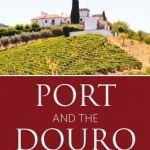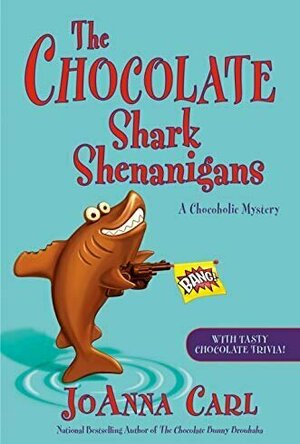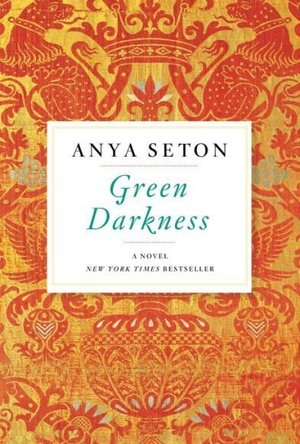
Port and the Douro: 2016
Book
Authoritative and entertaining, the completely updated third edition of Richard Mayson's Port and...

The Chocolate Shark Shenanigans
Book
In the newest mystery from nationally bestselling author Joanna Carl, a dive into house flipping...

Animated 3D Emoji Stickers for Chat Apps
Social Networking and Entertainment
App
ON SALE 50% OFF ! DOWNLOAD NOW! THIS PRICE FOR A VERY LIMITED TIME! More than 1100+ new Animated...

The Real Deal: The Autobiography of Britain's Most Controversial Media Mogul
Book
From the age of five, when he helped his deaf father negotiate advertising contracts, Richard...

The Real Deal: The Autobiography of Britain's Most Controversial Media Mogul
Book
From the age of five, when he helped his deaf father negotiate advertising contracts, Richard...
Acanthea Grimscythe (300 KP) rated Green Darkness in Books
May 16, 2018
<i>Green Darkness</i> shares the harrowing tale of forbidden love in mid-1500s England between an unfortunate peasant girl and a Benedictine monk, betwixt the reigns of King Edward VI, Queen Mary I, and Queen Elizabeth - a time when Catholicism and Protestantism (depending on the ruler) were met with persecution. It doesn't begin in that era, however; rather, the story starts in the 1960s, when Celia and her newly wedded husband, Richard Marsdon, arrive at his family's ancestral estate in Sussex. A baffling illness befalls the Marsdons, leaving the unorthodox physician, Doctor Akananda, to unravel the mysterious past that haunts the pair from hundreds of years before.
The twisting tale that unravels of that love affair is only a small part of what I enjoyed about this book, as romance is not typically my cup of tea. What truly enticed me was [a:Anya Seton|18930|Anya Seton|https://d.gr-assets.com/authors/1224813438p2/18930.jpg]'s faithfulness not only to history, but to location, legend, and use of historical figures. Cowdray House and Ightham Mote are real places, and an unfounded rumor regarding the Mote suggests that a female skeleton was found within its walls - which Seton used as a basis for her story. Through Seton, I discovered an unknown love for Tudor England, and undoubtedly I will read more books set in that time period.
Despite my praise for the book, I was unable to give it a five star rating because of its conclusion: it was as if Seton ran out of fuel. The idea of reincarnation takes a more ridiculous turn when Doctor Akananda hints at more pasts that conveniently interlock the same people. As if that were not enough of an affront, the resolution itself fell flat. With the Marsdon family tragedy conveniently wrapped up, Celia and Stephen seem aloof and their interaction felt a bit too forced. It is for this reason that I gave the book four stars.

Accountant for iPad Calculator
Finance and Business
App
Accountant for iPad is the perfect calculator for general everyday use. Use it for adding columns of...

Accountant Free for iPad Calculator
Finance and Business
App
Accountant for iPad is the perfect calculator for general everyday use. Use it for adding columns of...

Accountant Universal Calculator
Finance and Business
App
Accountant Universal Calculator, for iPad and iPhone, is the perfect calculator for general everyday...

